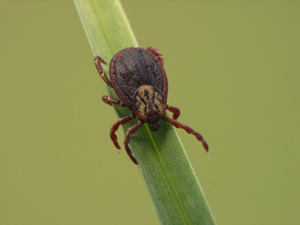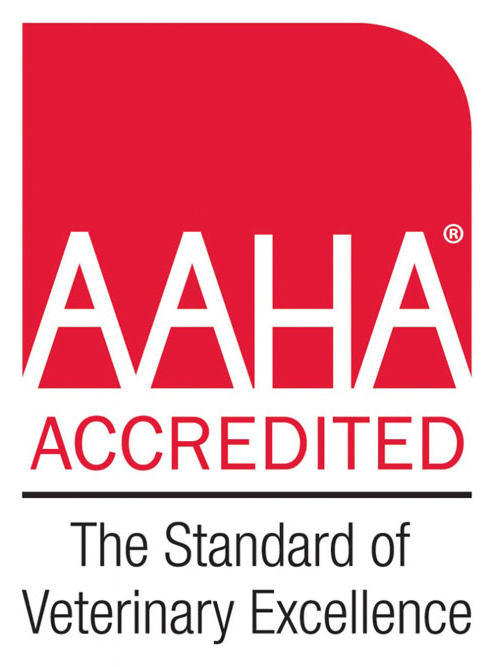

Every year the staff at Pet Authority Animal Hospital in Waterford recommends Tick prevention to all pets. Every year clients hesitate to use prevention since they don’t believe their yards could harvest ticks.
Did you know ticks can survive even in the winter months under all the snow? The warmth of the sun on the snow incubates the soil where the nymphs live and with repetitive sunny days the tick climbs up on the blades of weeds or grass waiting to attach to any warm object that passes by.
Ticks travel via any warm animals. Mice are just one vector that spread ticks from location to location rather quickly. In the winter months, mice thrive on acorns and other seeds buried under the snow. As they burrow through the grass/weeds etc. during the winter months to their area of hibernation, ticks feed off them.
Once the snow melts, ticks are more exposed to obtain a blood meal from a warm blooded animal ( deer, foxes, raccoons, squirrels etc). In the past week in Macomb, we have removed numerous ticks from our patients. Our clients are so surprised to find that little dark wart was indeed a tick!
There are numerous tick prevention on the market. The client can chose from topical or oral. Both are affected against fleas and ticks. At Pet Authority Animal Hospital, we carry K-9 Advantix (topical) Frontline Gold (topical) and Nexgard (oral). Before your pet goes walking out in your yard, or goes to the dog park, Partridge Creek Mall, boarding facility, day care facility, or the groomers, consider protection!
Cats also can be infested with ticks. Dog tick prevention is NOT SAFE on cats. At our animal hospital we recommend Frontline gold ( topical) for cats.
If the client is not disgusted enough by seeing a tick engorged into your pet’s sick, they now have to worry of what type of tick it is. Does this particular tick carry the spirochete of Lyme disease? Prevention is the best remedy to stop the worry of tick-borne diseases.


